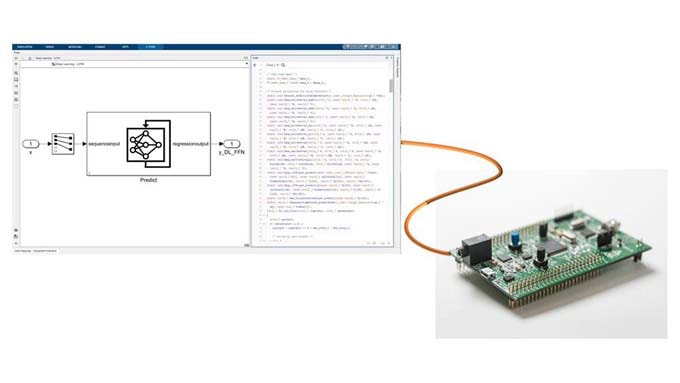"Leave no room for improvement"
Many manufacturing companies are reluctant to make the decision to push ahead with digitalization. However, the current market situation leaves little room for maneuver. Jürgen Rieger, Executive Manager Consulting (EMC) at MPDV, explains in an interview why there is a lack of willingness to change and why the focus is not only on IT, but also on employees.

Jürgen Rieger is Executive Manager Consulting at MPDV, an international provider of production-related IT systems based in Mosbach (Germany). He is a specialist in lean management and manufacturing excellence and knows how production companies are currently struggling with the weak economic situation, rising costs and competitive pressure, but also with a shortage of skilled workers and regulations.
Mr. Rieger, how do production companies manage to position themselves for the future in the face of the many challenges?
Jürgen Rieger: All the challenges listed are correct, but the consequence of this must not be to bury our heads in the sand. There have always been problems in production in particular and there always will be. Ultimately, it's about occupying or defending pole position among direct competitors. A key success factor here is to keep at it every day. In other words, to anchor the classic continuous improvement process in the corporate culture.
What are the requirements for this?
Management commitment to the process and an assessment of the current situation, i.e. an analysis of the existing processes, are particularly important. How are the processes running and how do we really work today? These are questions that need to be answered. This does not mean the process description in the management manual. It is important to examine the processes of the employees who work with them on a daily basis. It also needs to be clarified: Can and do I want to do this myself or do I need to bring in experts? But not just IT experts with the solution in their pocket - but specialists with experience in lean management to avoid waste in company processes and find the right solution.
It is often said that although digitization is progressing in the industry, there is still a lot of catching up to do. Where do you see a need to catch up?
Clearly in the willingness to change and implement. Every day, we see companies with enormous potential in terms of digitalization. The technical solutions such as modern control systems, sensor technology, IT systems, etc. are often already in place to leverage the potential of data transparency. There is really no reason to remain inactive.
Many production companies are put off by the sheer endless choice of solutions for digitizing their operations. What would you recommend?
The first important step is to determine where you stand. At first, this sounds complex and time-consuming. With the support of experts who have done this many times before, it can be carried out quickly and efficiently. The as-is analysis reveals weak points and potential and creates clarity when prioritizing tasks. This also reduces the choice of solutions.
Why should there be a well-founded strategy and what is the ideal timeframe for it?
The strategy must clarify where you want or need to go with your company, plant or production. The requirements for the processes and systems can be derived from this. In my view, a realistic time frame is 3 to 5 years. Don't just think about the first step, but also about further implementation phases. This is particularly important when selecting a system so that you don't run into a dead end, but select a system that can support you in the long term. The strategy must be consistent. It must not lead to contradictions or conflicts of interest in the organization or the departments and must be clear to the people involved.
What does a roadmap for the path to the digitalized plant, the smart factory, look like?
The roadmap must ensure that you have defined the path or milestones from the starting point, the actual processes, to the end point, the strategic corporate goals. You need to know at all times where you are on your journey, what the next steps are and whether you are still on the desired route. However, this is quite complex: it's not just about IT, but about production workflows and processes - and above all about the people who work with them every day.
What advice would you give to companies that are about to decide to digitize their production?
What to wait for? The challenges will not disappear into thin air on their own and change processes take time. It is important to take a holistic view of the topic: approach the digital transformation from the process and your specific requirements. Then look for the right digitalization tools. It is important to harmonize lean management and digitalization. Unfortunately, many companies are not aware of this, which sooner or later leads to problems. Either they have chosen a system that does not cover their requirements or they do not know how to integrate the system into their processes.
What do you wish for the further development of the manufacturing industry?
The cost situation alone means that we cannot afford to leave potential for improvement untapped. Added to this is the shortage of skilled workers. In production, we need process transparency at all times and we must be able to take immediate countermeasures in the event of deviations. We need to free employees from routine tasks through automation and provide them with optimum support in their work through assistance systems. Production in our countries will only have a future with targeted and consistent digitalization. n









